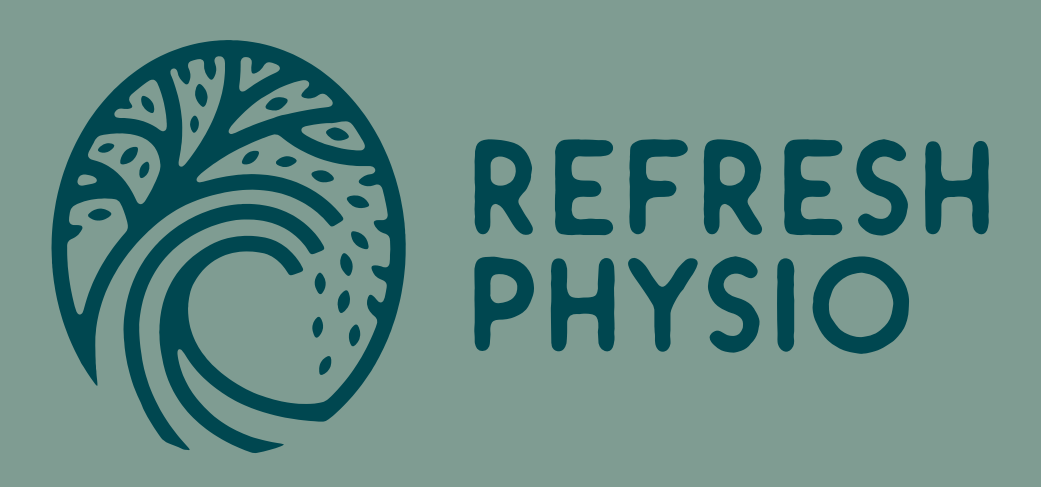Understanding Cervicogenic Headaches: Causes, Symptoms, and Solutions
Cervicogenic Headache (CGH): What You Need to Know
A Cervicogenic Headache (CGH) is a type of headache that originates from the cervical spine, particularly the upper vertebrae of the neck. The main source of symptoms varies from person to person but is most commonly linked to the joints connecting C2 and C3, and less commonly to ligaments and muscles.
CGH is more commonly seen in people aged 30 to 40 years and has become increasingly prevalent due to the rise in working from home with poorly designed office setups.
Other individuals at risk include those with a history of whiplash or neck trauma.
Symptoms of Cervicogenic Headache
Pain on one side of the head, neck, or face
Stiffness in the neck and restricted movement
In severe cases, pain may radiate down an arm
Sensitivity to light and sound, nausea, and blurred vision (in more severe cases)
These symptoms can often be mistaken for a migraine. The key difference is that migraines usually occur in attacks lasting up to 48 hours, whereas Cervicogenic Headaches can persist for weeks at a time.
How Physiotherapy Can Help
Physiotherapists are highly skilled in assessing, diagnosing, and treating Cervicogenic Headaches. If you’re experiencing chronic, one-sided headaches that often start in the neck, don’t suffer in silence
Our friendly physiotherapist Ellie has a special interest in headaches and would love to help you find relief.
Book an appointment with us today and let Ellie help you feel your best!
